Joseph Samuel Bois – Explorations in Awareness
$25.00
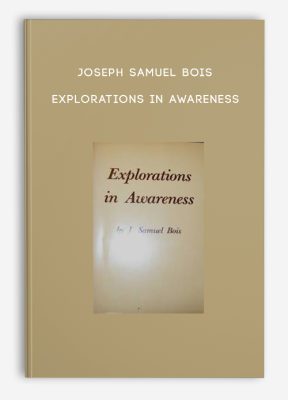
Joseph Samuel Bois – Explorations in Awareness
Get Joseph Samuel Bois – Explorations in Awareness on Salaedu.net
Description:
[ 1 PDF , 1 JPEG ]Some of my friends who read part of the manuscript for this book, kindly reminded me that I talk a great deal about myself. They say it is bad taste.
Well, there is not much I can do about it. A wise semantician, Elton Carter, summed up the whole problem in a sentence that I must quote: “”Did you know that, in all our talking, we are always in a sense talking about ourselves, no matter what else we might believe we are talking about?””The more I ponder over that statement, the more I am convinced that it is plain silly to pretend not to talk about myself. I am not an authority in anything. I have no right to speak in the name of Science, or of anything that sounds well-informed and wise. I can only report my own reactions to what I read, what I saw, what I experienced.
To me, writing a book is like erecting a building. Years ago it was the fashion to set up plaster caryatids that looked strong but supported no weight. Today we streamline the naked pillar that does what it does. Even when we state principles and develop theories, we are not dealing with objective truths that stand out there for everyone to accept or reject. We are summarizing in so many words a mixture of somebody else’s views and our own. Science and Tradition, as I see them, are the accumulation of the experiences of people who lived before us. When Freud gave us psychoanalysis, he formulated his experiences with neurotic patients in Vienna; when James wrote his Principles of Psychology, he revealed to us his own views of the world of psychology; when Frederick W. Taylor published The Principlcs of Scientific Management, he was describing Taylor’s work and hopes.
My own experiences are neither spectacular nor epochmaking. They belong to the world of the average man, who is groping through life, trying to find here and there signposts to better roads. In my explorations I have used various maps. Some proved to be obsolete; some were apparently made from dreams and not from actual surveys; some were hard to decipher but they were well worth the trouble of studying them.All I can do is to relate my own explorations. Please don’t take as authoritative anything that I say. You may decide to put some of my statements to the test of experience. I am confident they will stand it.
Bois was a French Canadian Jesuit priest who was forced out of the Church in the 1920’s for his radical, against-doctrine views. It is interesting that while our other great writer Teilhard de Chardin did not have to leave the Catholic priesthood, his work was not fully appreciated by his superiors either. After Bois left the Church he got a degree in psychology from McGill University in Canada. As he was born in Quebec, French was his first language. In the late 1930s, he read Alfred Korzybski’s ‘Science and Sanity’ and was shaken by it. The foundation of his primary assumptions about our humanness was rocked, so he went and studied with Korzybski and became his most adventurous student. Korzybski had started the Institute of General Semantics (IGS), first in Chicago, and later in Lakeland, Connecticut. After he died, Bois became the heir apparent, and was the chief lecturer. Bois took seriously Korzybski’s statement in ‘Science and Sanity’: ‘In the present work, each statement is merely the best the author can make in 1933. (So) we ought not to be surprised if such a pioneering enquiry proves to need many corrections and elaborations in the future’. Bois developed his own work, epistemics, as a further elaboration of what Korzybski started, and as a new development that introduced factors which warranted calling it a new discipline. There is an annual Korzybski Memorial address, and LL Whyte was the speaker one year. After a successful career as a management consultant using general semantics, Bois started his own institute called Viewpoints. Because of the influence of Bois, Philosphere Publishers []was set up after his death
1 review for Joseph Samuel Bois – Explorations in Awareness
Add a review Cancel reply
Related products
Everything Else
Everything Else
Plein Air, Painting the American Landscape – Alaska Episodes
Everything Else
Caroline Oceana Ryan – The Ascension Manual: A Lightworker’s Guide to Fifth Dimensional Living
Everything Else

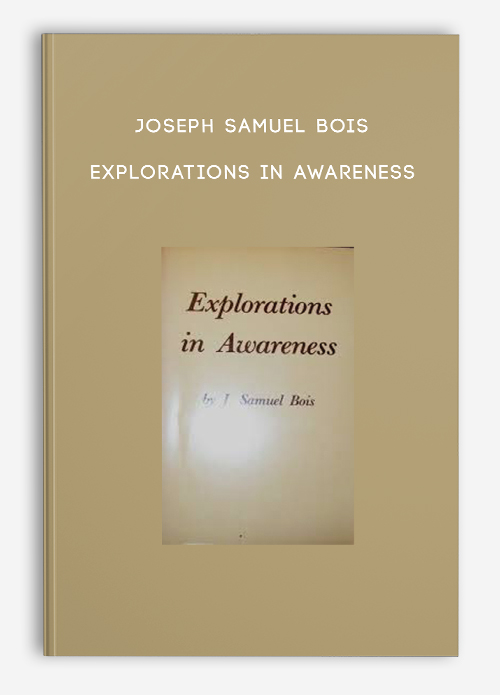
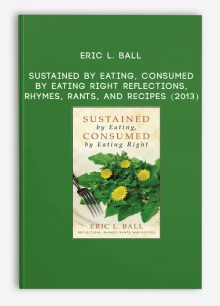
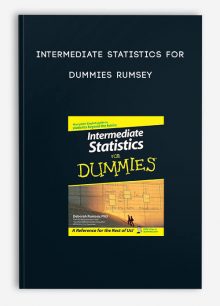

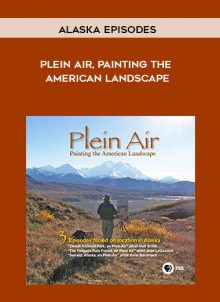
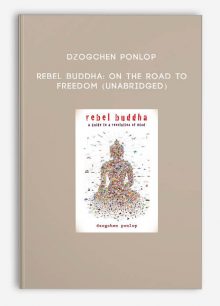
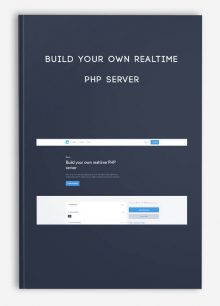
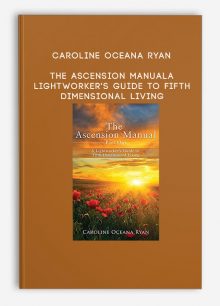

king –
“We encourage customers to contact Customer Service and think twice before making payment. All course contents will be similar to what is from the author.”
Thank you!